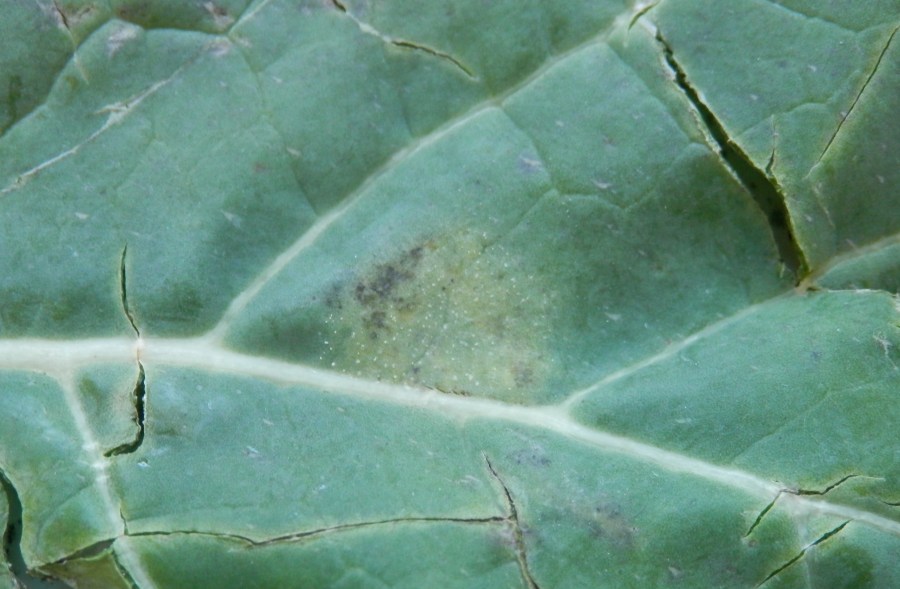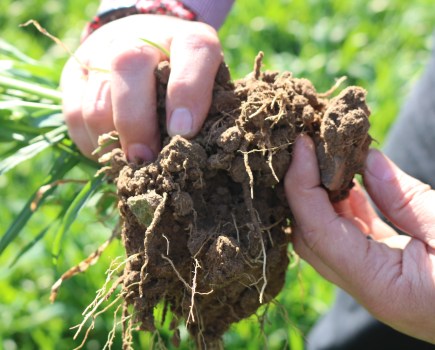Over a third of samples assessed by Bayer’s SpotCheck initiative during January tested positive for light leaf spot, showing that despite the recent cold weather snap, disease pressure is continuing to build. CPM reports.
During January, varying levels of disease were identified by the SpotCheck initiative, a free oilseed rape leaf-testing service in the UK.
While the highest incidence of light leaf spot (57% of plants infected three days after incubation), was detected in Angus, Scotland, samples in Dorset and Hampshire on the South coast were found to contain up to 23% LLS incidence.
This demonstrates that while traditionally a ‘disease of the North’, LLS should be a concern to growers in all regions in the UK.
Rosalind Martin, CTM at Bayer, said: “With over a third of samples displaying LLS symptoms after incubation, now is the time to be out walking the crop and looking for disease.
“I would recommend assessing varieties with the lowest LLS resistance scores and working back from there. There’s no threshold for LLS, but it is a polycyclic disease that builds very quickly in the crop, so use a treatment such as Proline (prothioconazole) as soon as you see symptoms – if it is possible to travel, which may be a complicating factor this month.”
Critical timing
Philip Walker, Arable Plant Pathologist at ADAS, agrees now is a critical time for disease management, with visual symptoms becoming more prevalent. LLS is a notoriously difficult disease to identify and can easily be confused with other symptoms such as frost damage or fertiliser scorch.
“In these early stages of disease development, look for tiny white spore droplets on the leaf surface, almost like salt grains in appearance, which can sometimes appear in a circular pattern, on an otherwise healthy looking green leaf,” he said. “Remember that symptoms can be present on the upper or underside of the leaf as well, so be thorough in your assessments.”
Ms Martin added: “If there is any doubt of what disease symptoms you have in the crop, then consider utilising the Bayer SpotCheck service, to attain a definitive diagnosis.”




